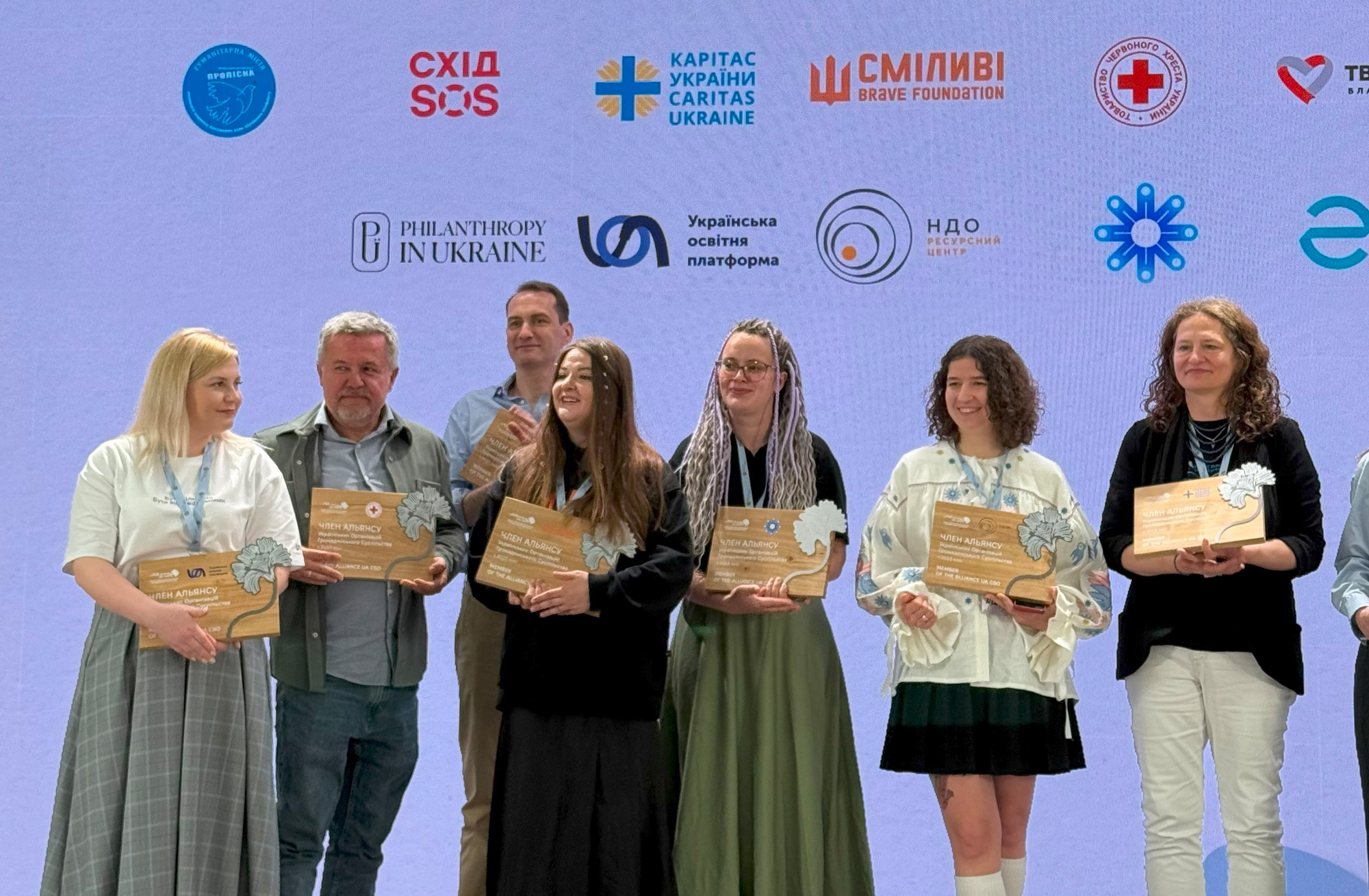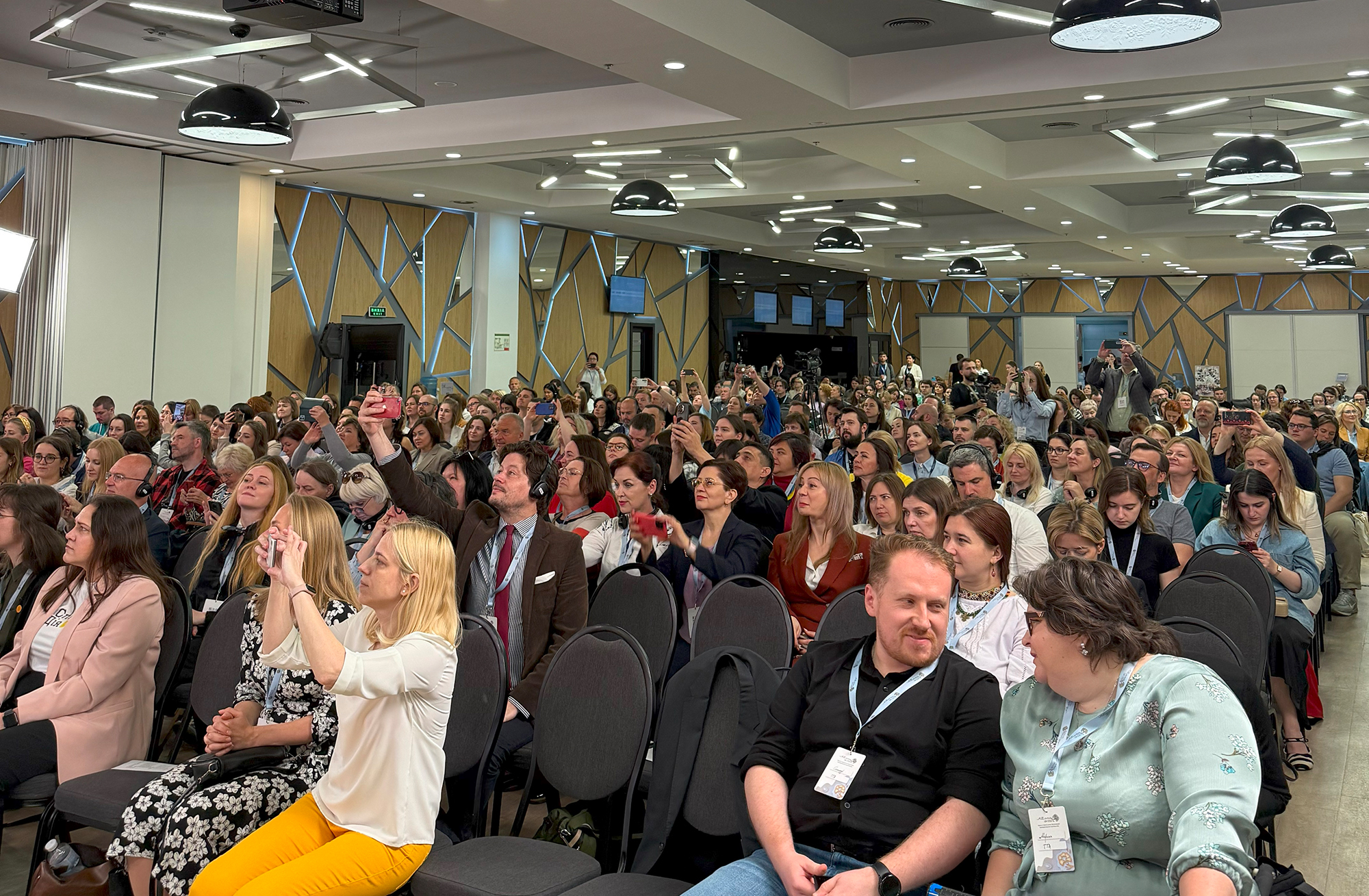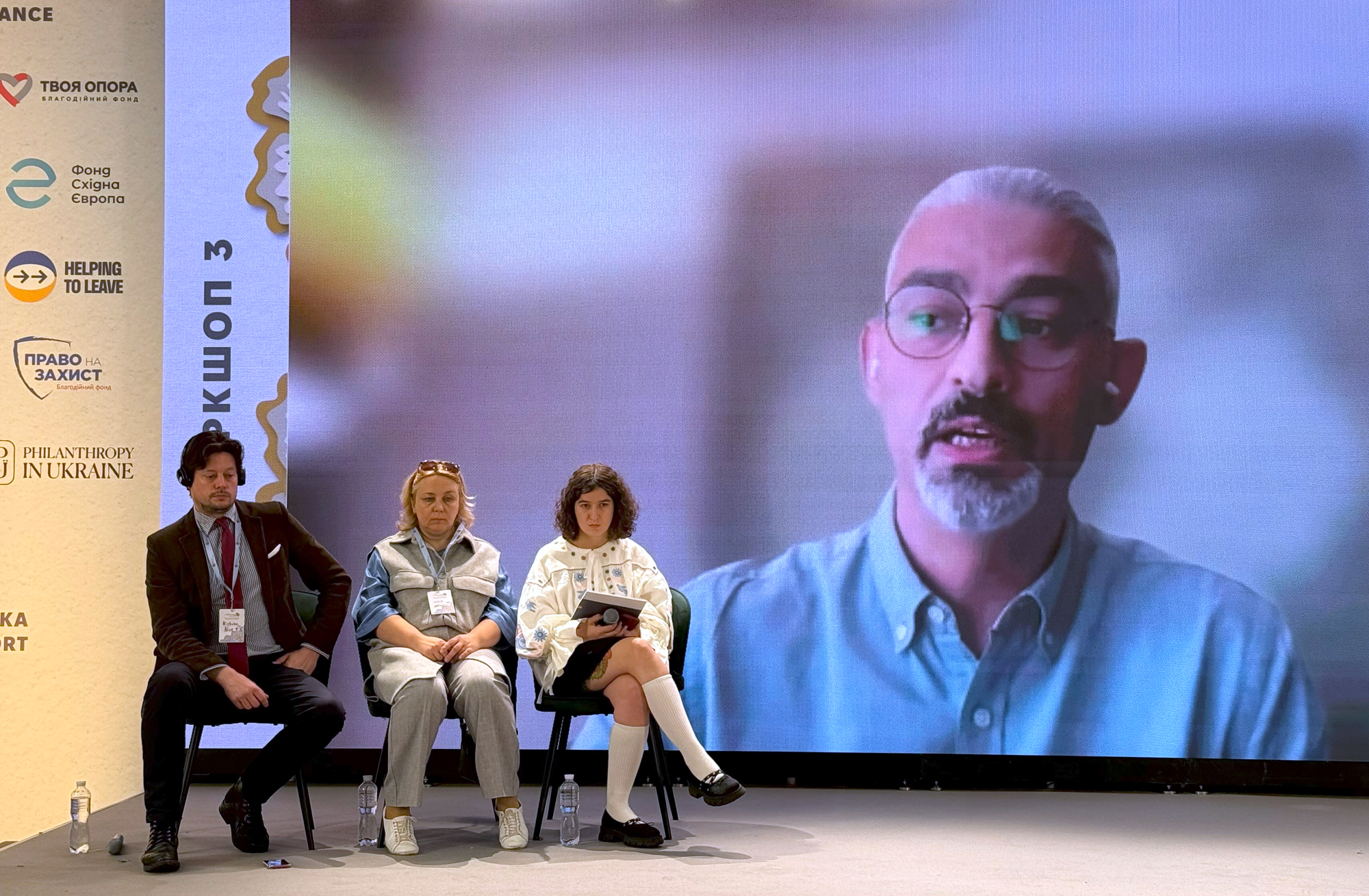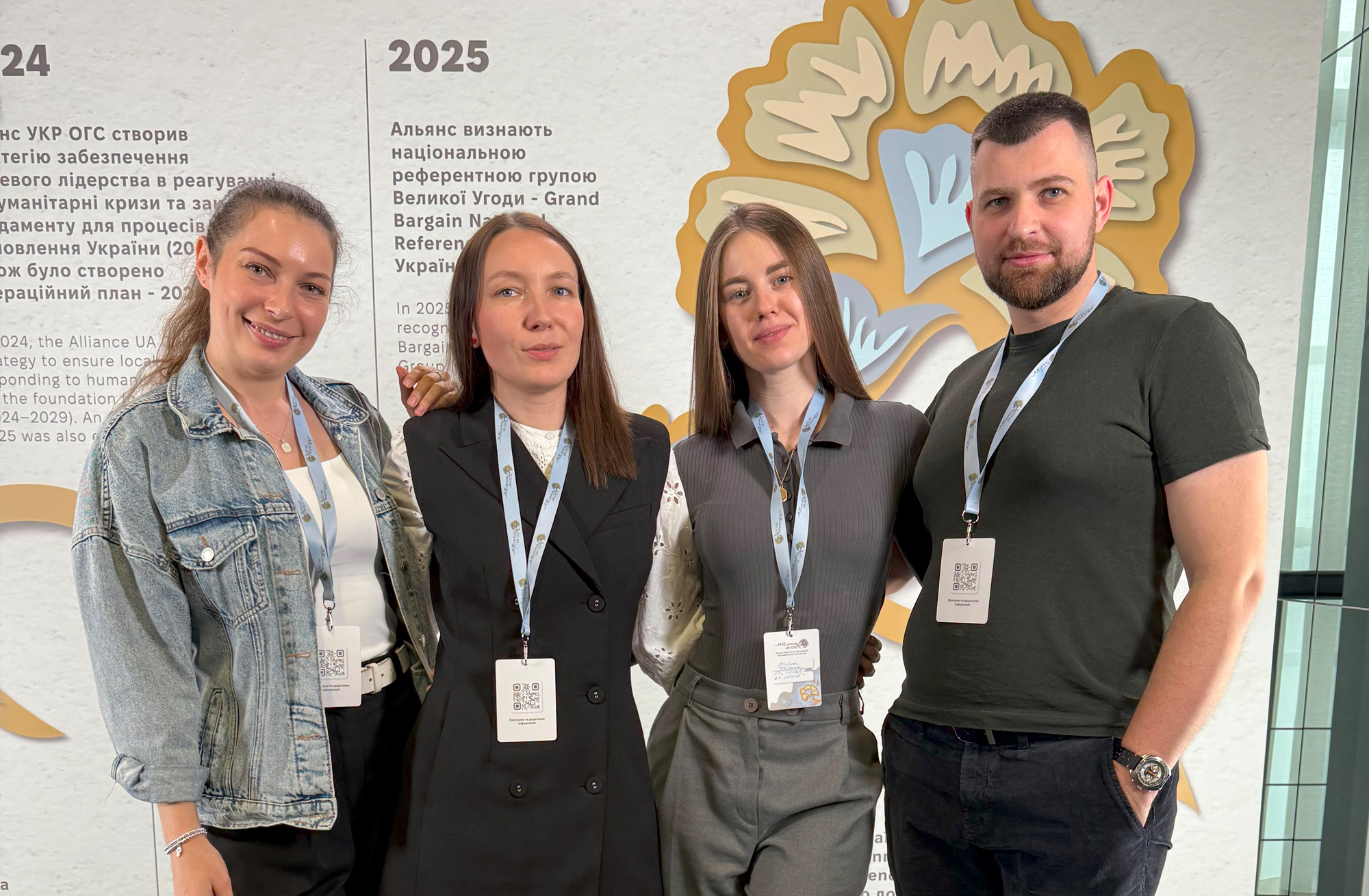-
Unfortunately, nothing was found for your request, you can search for another keyword, or contact us with your question through the feedback form
Search results (25)
All results (25)
What Will Happen to the Humanitarian Response in Ukraine when International Partners Leave?
May 26, 2025
This was the topic of discussion at one of the key humanitarian events of the year — the 3rd Annual International Conference, Ukrainian Leadership in Aid, which took place today in Kyiv.
The event brought together several hundred participants, including civil society organisations, government officials, international NGOs, donors, diplomats, the private sector, and other experts — all involved in shaping aid policy in Ukraine.
The event was organised by the @Alliance of Ukrainian Civil Society Organizations, co-founded by Right to Protection.
R2P’s President Sasha Galkin participated in the Ideal Strategy for International Partners' Withdrawal from Ukraine: Mechanisms, Roadmaps, and Joint Planning panel discussion.
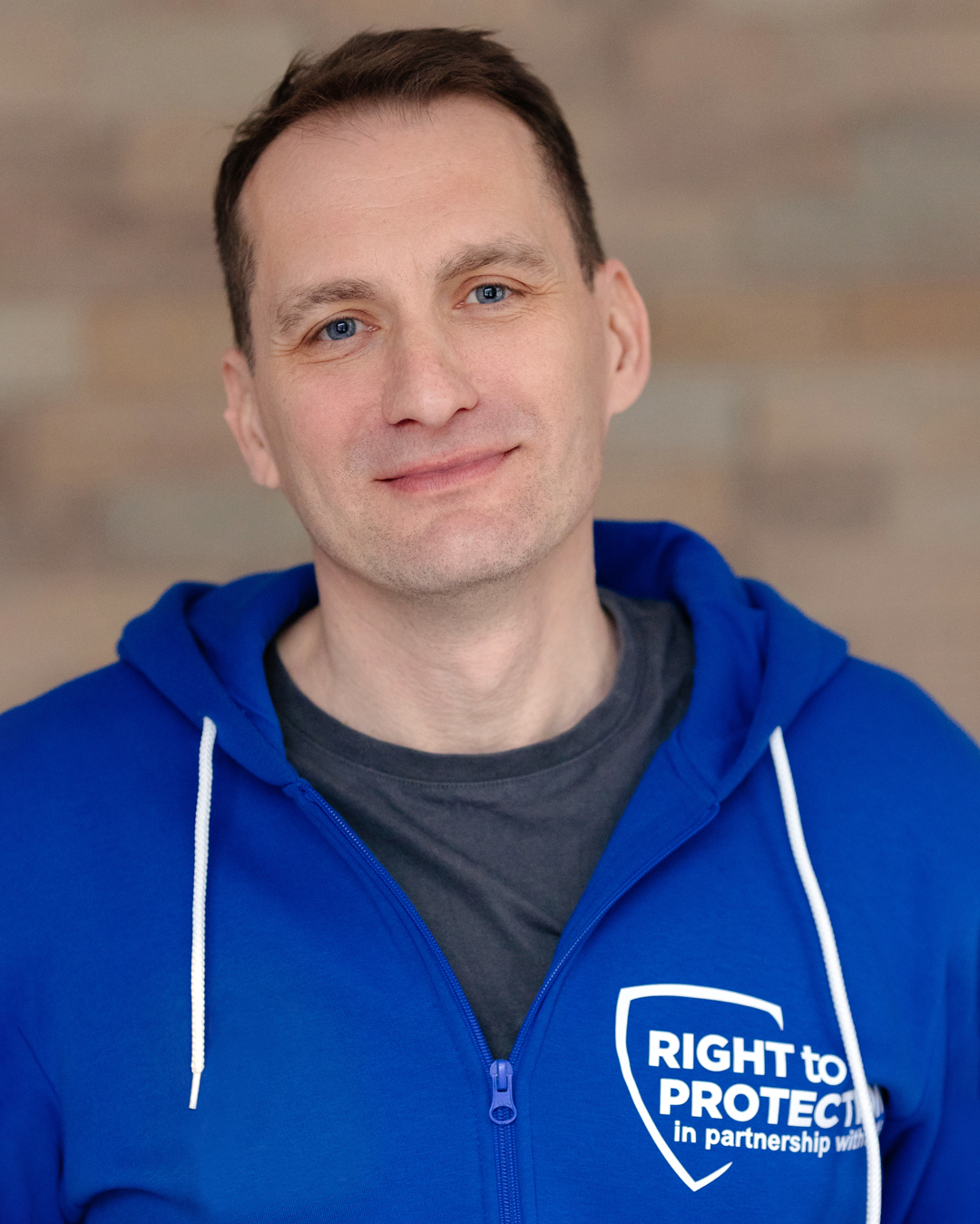
Sasha Galkin, President of R2P
The transition from humanitarian response to recovery does not happen in turn, but rather simultaneously. That is, people's needs for humanitarian assistance and recovery can exist in parallel, even in the same region. This is the principle of R2P. When a person turns to us for help, they can receive a full range of humanitarian response and recovery services. Ukrainian leadership should be present in both the humanitarian response and the recovery process. Ukrainian civil society has demonstrated that it is ready to assume this responsibility.
Nadiya Kovalchuk, Programme Director of R2P, participated in the Lessons of Localisation from the Global Level for Ukraine workshop.

Nadiya Kovalchuk, Programme Director of R2P
We, as a national organisation, relying on our own long-term expertise in helping the war-affected population and many years of experience in cooperation with international partners and donors, realised at a certain point in our development that it was time to share our expertise and knowledge. In our current four-year strategy, we have identified a focus on strengthening the local organisations’ capacity and building national partnerships. Over the past year, more than 40 small local CSOs have received support from us in their organisational development. This is our contribution to increasing the sector’s capacity, and thus strengthening the argument for donors that Ukraine has a capable CSO sector that can implement aid projects in a transparent, high-quality manner and with a deep understanding of the needs of affected people and the local context. As a team, we are sincerely convinced that there is strength in numbers!
This conference has become a platform for discussing the achievements and next steps towards localisation.

